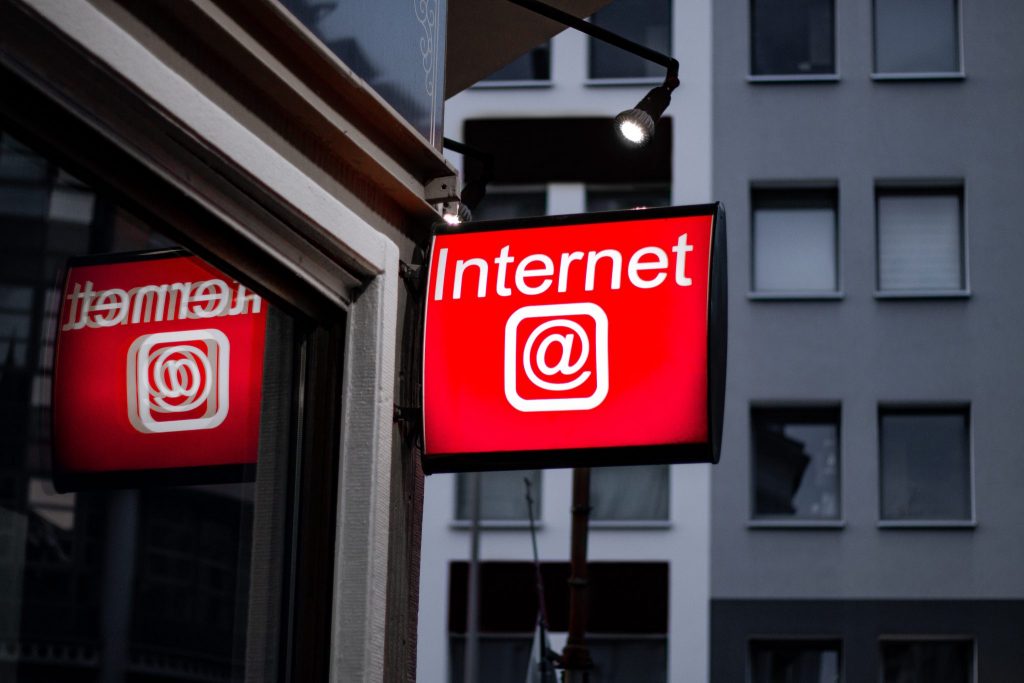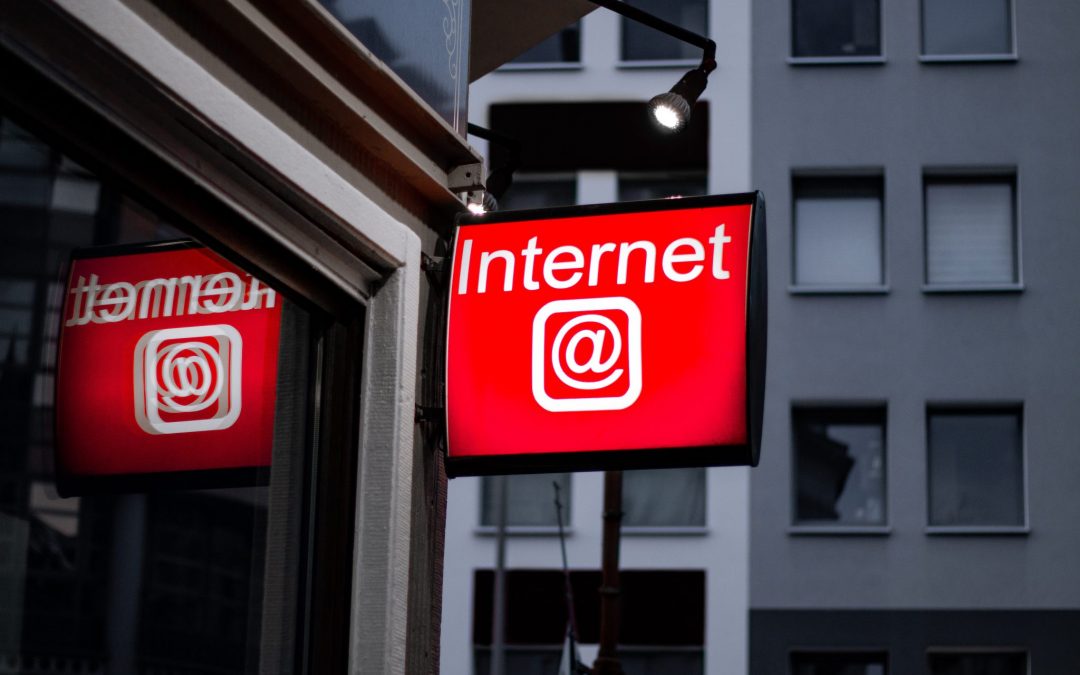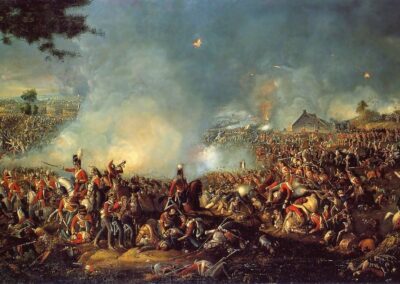
The Centralized Internet Is Inevitable
From my article in Palladium Magazine.
On Wednesday, October 14th, Twitter locked the accounts of a White House press secretary and the New York Post, one of America’s largest tabloid newspapers. The accounts shared a story the Post ran on leaked emails which seemingly implicate Democratic presidential candidate Joe Biden’s son in corruption. When users tried to share the story publicly or privately, they found a message informing them that their tweets could not be sent. Chinese users of Twitter mused on the feeling of déjà vu, as links to corruption stories sometimes vanish on Chinese social media apps like WeChat as well. For a moment, the paths of the Chinese and American internets once more converged.
You can only cross the Rubicon once—in an instant, the authority of Western newspapers was forever reduced. The editor-in-chief of a newspaper founded by Alexander Hamilton, owned by famous media mogul Rupert Murdoch, was granted no special social and legal privileges. The newspaper was revealed to be just another user. Journalistic authority granted it no protection from classification as ‘hacked material.’ If an email is leaked to the press and no one reads it, did it really leak?
Perhaps once Twitter became the place where journalists get their news, it was only a matter of time before Twitter, rather than editors-in-chief, decided which news was fit to print. As a profession, journalists have developed a slowly intensifying addiction to the site, spending countless hours a day on it. Until now, Twitter reciprocated their enthusiasm. The ‘blue check,’ a marker that an account has been verified as an authenticated and important user, is granted preferentially to journalists and media organizations.
The Role and Legitimacy of Journalism
What is remarkable about the New York Post’s lack of privilege is that journalists as a profession have enjoyed special legal and social protections since the start of the 20th century, partially due to being perceived as indispensable in maintaining an informed citizenry critical to democracy. The past 50 years have not been kind to this perception, as the justification has been eroded by numerous factors. Generation X is likely to be the last generation to believe in the ideals of journalism without reservation.
The most significant wind of change is the technological gale. This is apparent when examining the details of how the media industry adapted to becoming a producer of content, rather than the platform. Newspapers never sold stories; they sold pieces of paper that carried stories. A paywall might seem like a fine business model, but it erodes the moral justification for the special privileges given to journalists and media organizations—hence the outrage when COVID-19 reporting found itself behind paywalls. Journalists make ends meet, barely, but at the cost of losing legitimacy. The pattern holds when thinking about clickbait journalism or pandering to an ever more ideological subscriber base.
Journalists’ ability to carry out their mandate or advocate on behalf of their own profession has been radically curtailed by two decades of layoffs. The number of newsroom employees at U.S. newspapers fell from 71,000 in 2008 to 31,000 in 2019. Numerous lines of evidence show that this number has fallen further in our time of pandemic. Were the circumstances of our media different, were the economy booming, and had the pandemic not wreaked havoc, perhaps journalists could have held out longer. No army wins a victory by wishing for better weather, however, and we can’t unsee the result of last week’s experiment.
One wonders why Twitter staff didn’t respect the traditional privileges of journalists. The actions of Twitter employees weren’t ignorant or unprofessional. They acted on well-honed human perceptions of the landscape of power. Such perceptions are revealed in what is done, not what is said, when the stakes seem high. While it is all too natural to view this event through the lens of electoral politics—the U.S. presidential election is only two weeks away, after all—this immediate context is ultimately less important than the fact that Twitter’s employees had the power to override the media, felt inclined to use it, and did so. Some would say that the New York Post is too populist, or too much of a tabloid, to be considered a ‘real’ newspaper with ‘real’ journalists. But this is said after the fact, after Twitter already decreed it such. And it is unlikely to be the last such decree.
Read the rest here.





